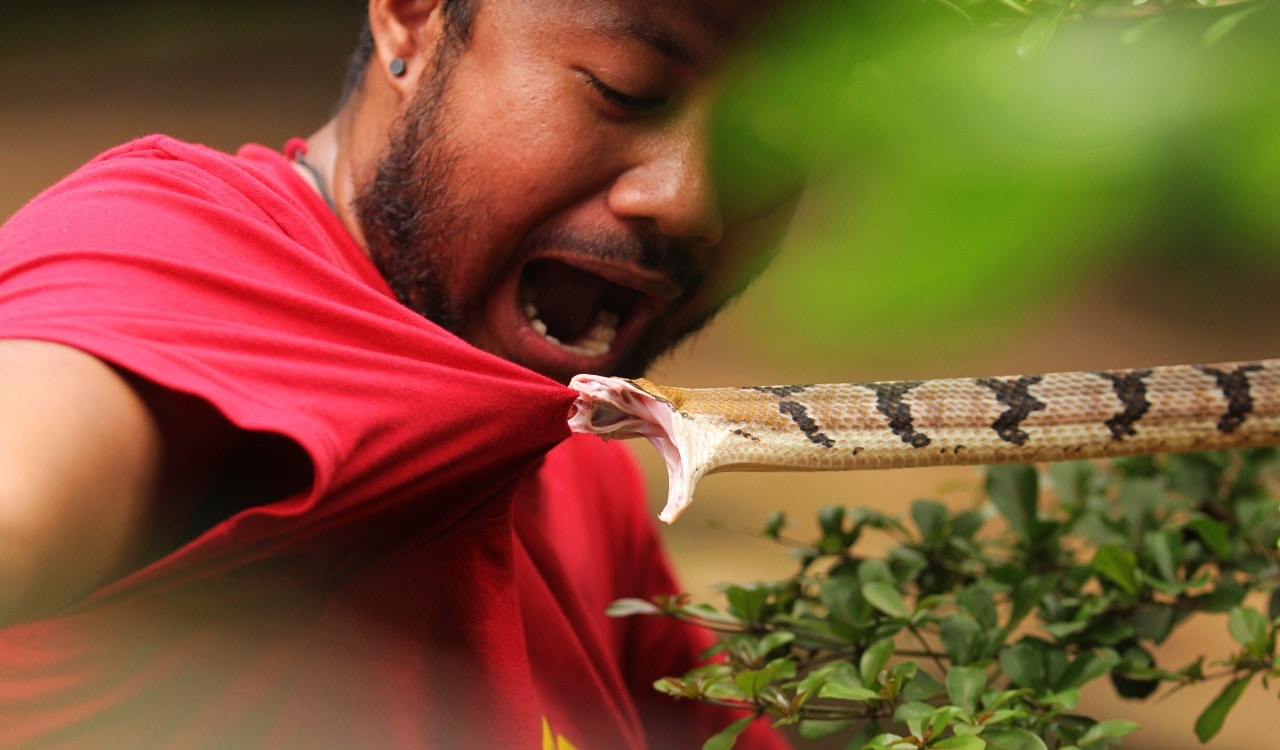When you’re lost and in the middle of nowhere, it can be tough to find your way out. Some assume they’ll never need to know how to survive in situations like this, but they could not be more wrong. You could get lost and find yourself in a survival situation on a routine hike or camping trip. A lot of things can happen that will require you to know how to survive. Sadly, some people have been filling our heads with survival myths for years. These methods likely did work in the past but were often not as useful as claimed.
We know better today about a lot of survival techniques as well as several medical fallacies. For example, we no longer tell people to pee on a jellyfish sting as this actually makes things worse… not better. Plus, we also have to be aware that a survival situation can take place anytime, anywhere. It is wise to be aware of the truth over what you might have seen in some meme on the internet. On top of this, the ideas grandpa gave you might no longer be the best way to do things. We realize some of the survival myths you see here might seem shocking to see. However, we will explain why they are myths and what you can do instead. Let’s get started!
Myth: You Can Suck Snakebite Venom Out

Survival Situation: Medical Emergency
Snakebite venom can be pretty lethal to humans. While there are some in the world who can handle high amounts of snake venom, those people were usually bitten several times before their body developed its own immunity. The rest of us though? We’re not so lucky. A snakebite is a medical emergency, which means you need to get to a hospital with antivenom. Most hospitals will have antivenom available, especially in places where venomous snakes are common. Some have assumed they can just suck out the venom before it enters the person’s bloodstream. This is now one of the more well-known survival myths of the day.
Once the snake’s fangs pierced the skin and laid in venom, the bloodstream was immediately hit with it. The best thing to do is have a person lay down with the snakebite wound below the heart as much as possible. Keep in mind that the longer you move around, the faster venom will spread in your body. Therefore, it is actually best to stay put until help arrives. Some venom can take mere minutes to kill someone, but most others will take several hours to do that to humans. Sucking out the venom won’t work AND the person doing it is actually risking their own health, as venom contacting with their lips and mouth exposes them to it too.
